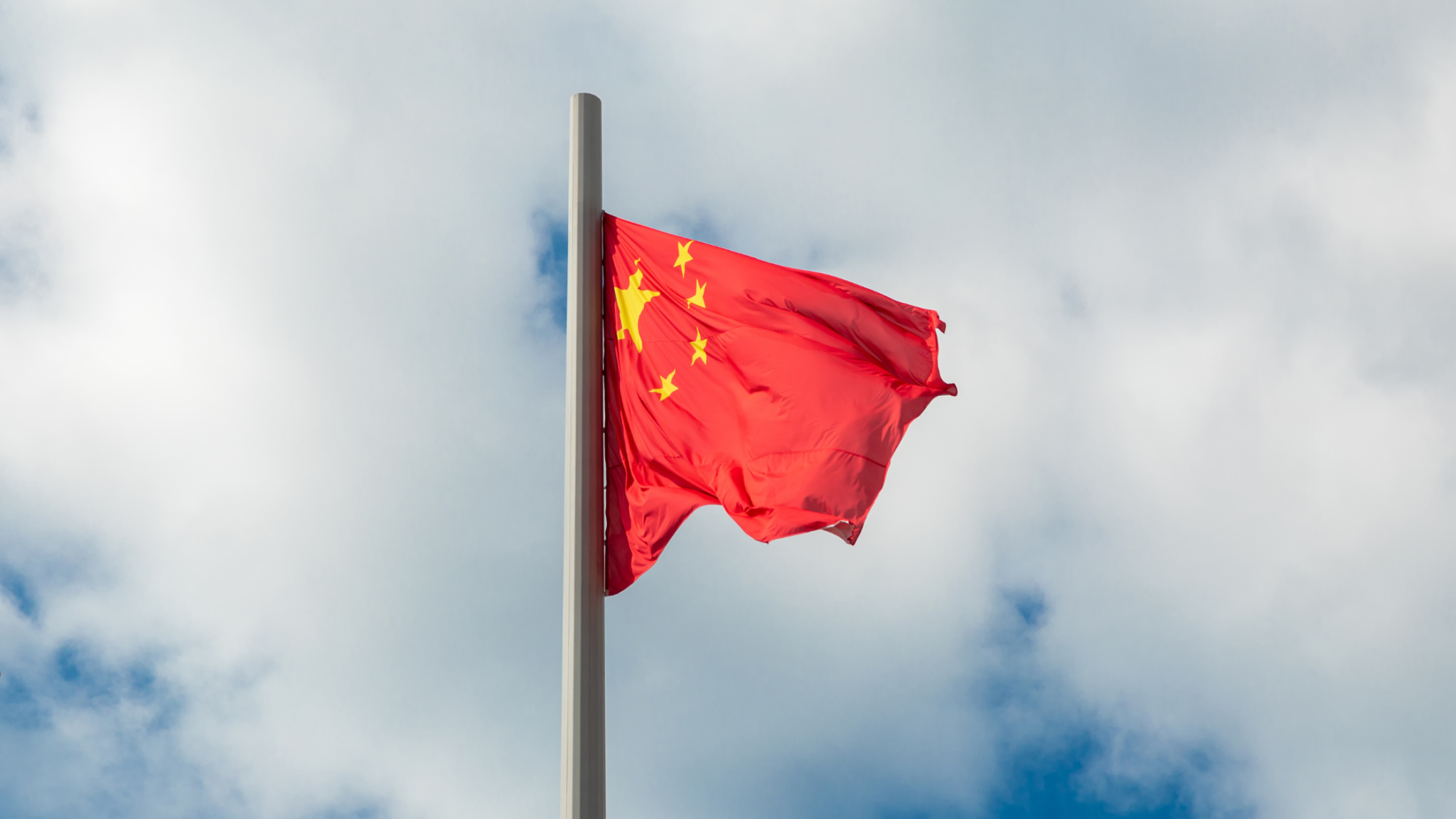Changes in the zero-Covid policy will not offer relief to the Chinese and global economies. With Xi Jinping’s consolidation of power, China will maintain a strict epidemic policy, while the rest of the world strives to adjust to living with the coronavirus, writes Jacek Perzyński, a contributor to BiznesAlert.pl.
Last weekend, the government in Beijing announced three people died after contracting Covid. These were the first fatalities since May, when all of Shanghai was subjected to a severe lockdown. According to state media, all three were between the ages of 87 and 91 with other health problems.
The authorities in Beijing have tightened surveillance and anti-epidemic measures as the number of local cases has risen to several hundred a day. The Chaoyang district of more than 3.5 million people is the hardest hit by the new wave of infections in the capital. Local authorities advised residents to stay in their homes, and numerous restaurants, gyms, beauty parlors and other facilities have been closed. Some schools in this part of the capital work remotely. Various residential communities were closed, and residents were forbidden to leave the district.
Unfortunately, in addition to Beijing, the number of coronavirus infections is also growing in the Guangdong province (southeast China), and especially in Guangzhou, the capital of the region. In November it has topped the list of the most affected regions in the country. On Sunday, the provincial government reported almost 9,000 infections. The latest wave of infections in the country has flooded 31 major cities and regions, with varying degrees of restrictions on local business and social activities. On Sunday alone the number of infections across the country exceeded 26 thousand.
The government is accelerating vaccination
It seems that the vaccination campaign in China is not going as the central government expected. On Sunday, Cantonese municipal officials said vaccinations for the city’s elderly population should be accelerated. It is worth noting that to date, 110 thousand residents of the city over the age of 60 have not yet been vaccinated. So far, only vaccines made in China are available locally. According to official data from November 11, more than 90 percent of China’s 1.4 billion people were vaccinated, but the rate was lower for people over 80, reaching 65.7 percent. For comparison, in the United States, the percentage of vaccinated people over 75 is more than 90 percent. In Singapore, 90 percent of people over the age of 80 have already been vaccinated.
Loosening the zero-Covid policy
Due to huge social discontent, food shortages, a wave of bankruptcies and a surge in cases of depression and suicide caused by the zero-Covid policy, China announced steps on November 11 to ease anti-epidemic measures. Of course, the easing of restrictions mainly concerns travelers, in order to maintain relations with business partners.
The most important changes for travelers arriving in China are: reducing the quarantine from two weeks to five days. Once the quarantine at the hotel is complete, travelers will still be required to remain isolated for three days at home. Chinese health authorities require only one negative PCR test performed within 48 hours of boarding the aircraft, instead of two tests. However, the most important change is that if there are more infections in a given city district, the entire city will not be covered by a strict lockdown, but only the affected district.
Although the changes in the zero-Covid policy did not meet the expectations of citizens, they can reduce the risk of introducing severe lockdowns for entire city populations, as was the case in Shanghai, Chengdu, Chongqing, Shenzhen, where the lockdown caused multibillion-dollar losses, leading to a wave of bankruptcies, mass layoffs and breaking production chains.
In summary, changes in the zero-Covid policy will not bring relief to the Chinese and global economy. With Xi Jinping consolidating power, China will maintain a strict epidemic policy while the rest of the world is striving to adjust to living with the coronavirus. On the other hand, Western pressure on Beijing to liberalize its epidemic regulations has had some effects. It is to be expected that European companies will continue to suffer from supply chain disruptions, albeit to a slightly lesser extent.









